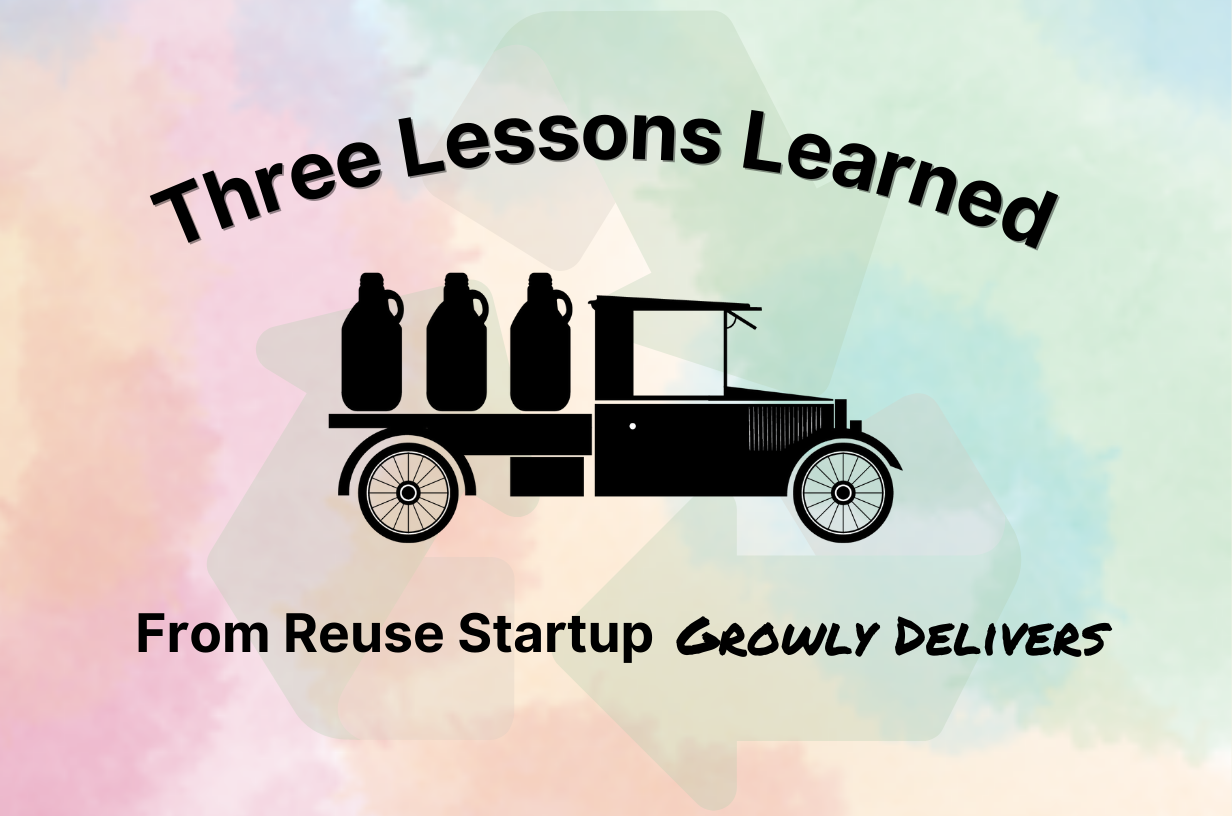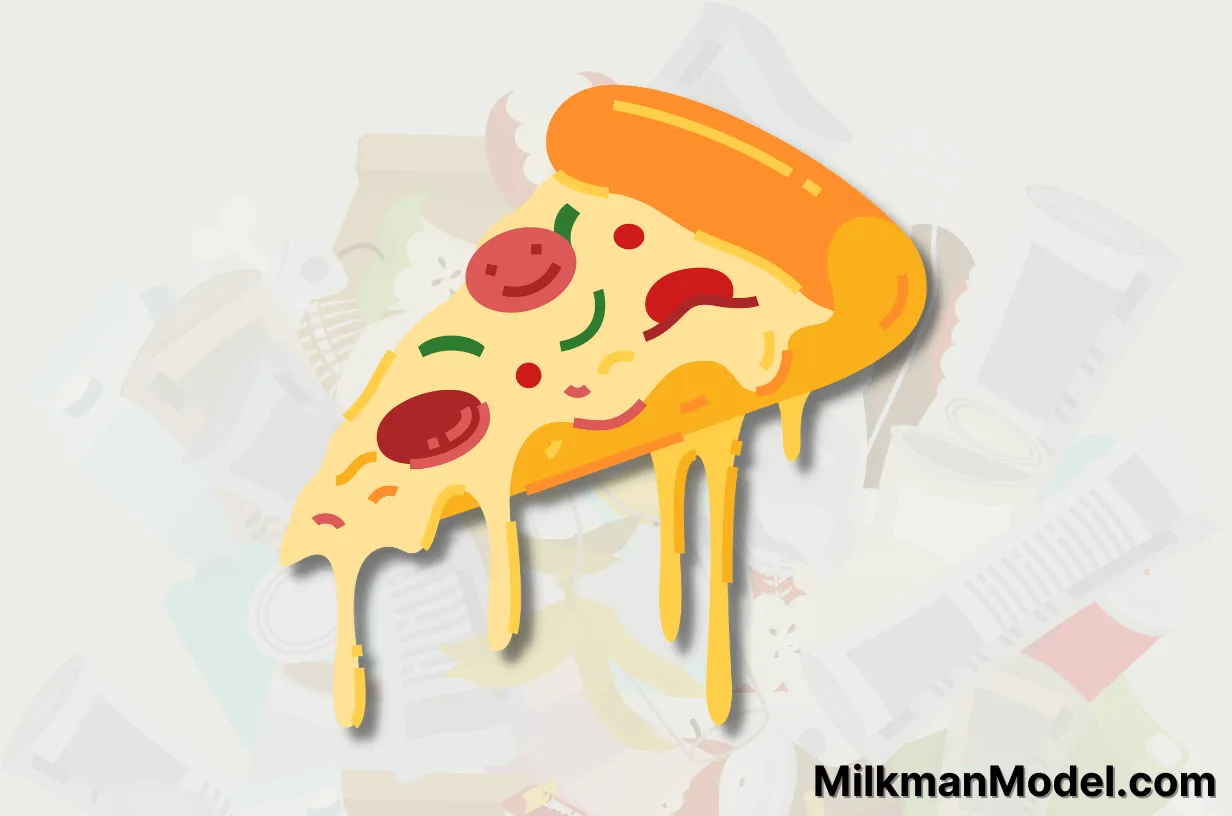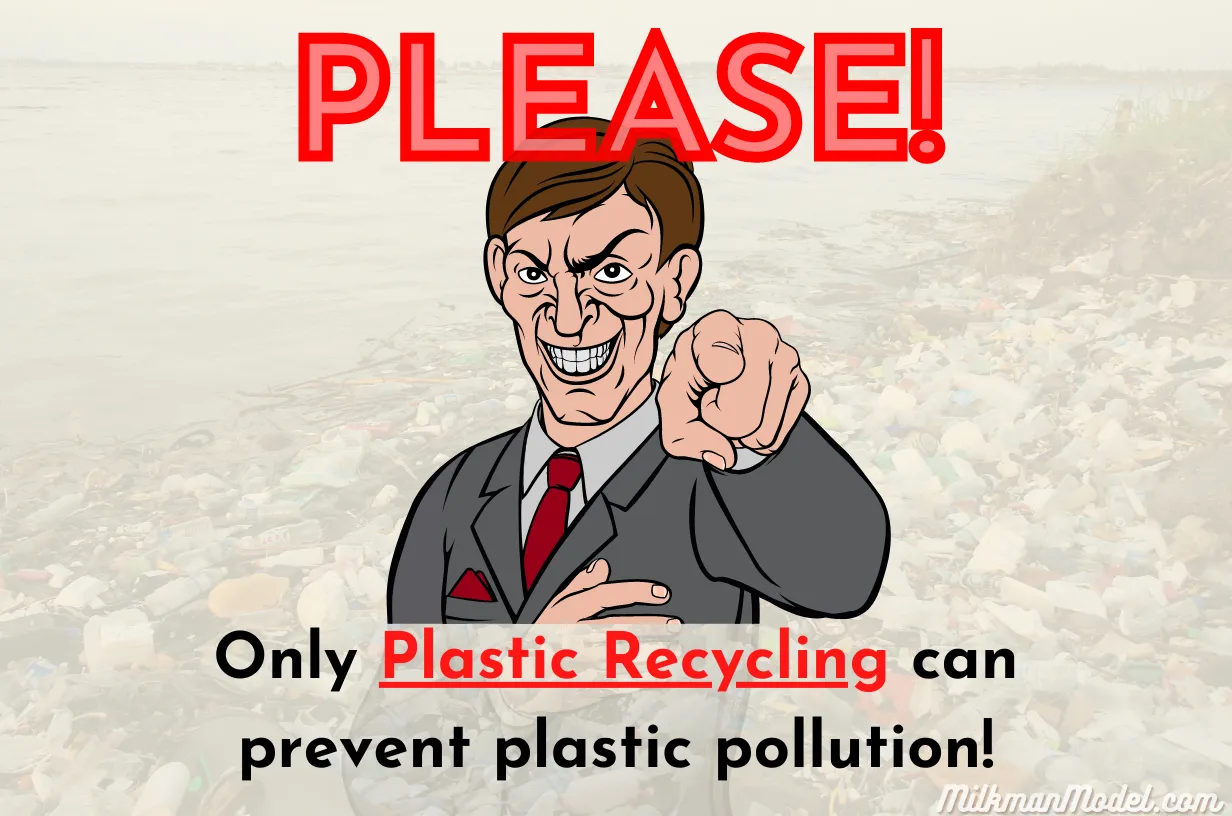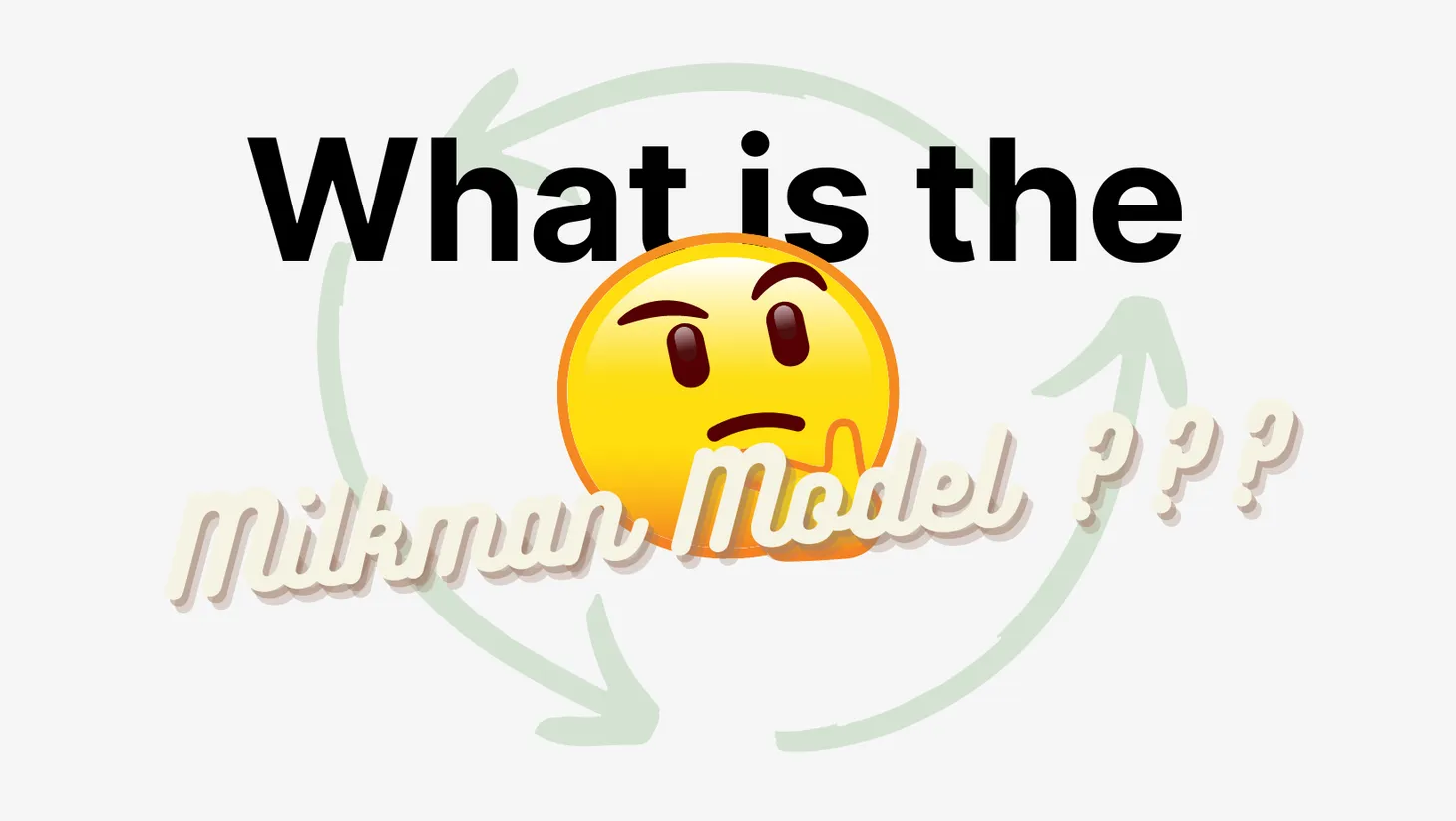3 Lessons Learned from Launching and Running a Reuse Startup
Launching a reuse company is hard. Here are three lessons I learned.

Note: This article was also published on Upstream Solutions and there is an accompanying podcast linked below.

Growly Delivers was a reusable growler delivery company in Phoenix that delivered craft beer and coffee from local artisans. I co-founded it in 2018 and closed it in 2022.
Here are three things I learned from launching and running a novel reuse company.
1. People Don’t Care about Reuse
Did you take that personally? Was your first reaction to get defensive? Good. Somebody needed to say it. You might also think that customers buy products for sustainability.
You care about adjectives; customers care about nouns.You care about sustainable, circular, organic. Customers care about sustainable energy, circular rental of designer clothes, organic apples.
It was a struggle for us at Growly to pinpoint what we were selling. If we marketed ourselves as a beer delivery service, then we'd have no differentiator from Drizly, Saucey, and other alcohol delivery services. If we marketed ourselves as a reuse service, then would customers understand that they could get beer from us? We eventually landed on the tagline “milkman of craft beer,” but this battle of identity was always lingering—should we mention reuse or alcohol first on our website?
Ultimately, the customer decides what they want from you and overwhelmingly, they cared about getting access to unique beers that only we could deliver. Most breweries don’t package their small-batch brews but since we went to the taproom and filled growlers, we could package those brews and deliver them. This was our unique value proposition.
I started Growly not to deliver beer but to create a scalable reuse company. But almost all of our marketing, once we learned what customers wanted, was about beer. We sprinkled in some language about reuse and sustainability only because that’s what I cared about.
It didn’t matter whether the customer cared about reuse—they were participating in a reuse system, thus eliminating single-use packaging and accomplishing our mission.
The fact is that probably 90% of people don't care about sustainability while 10% do. If you market to the 10% that care, you are going to miss out on reaching the other 90%. But, if you market to the 90%, you're really marketing to 100% because the other 10% care enough to dig deeper and figure out whether you are offering a sustainable service.
Lesson learned: Make sure your messaging appeals to the biggest swath of the market.
There is a way to get the other 90% to care about reuse. Most reuse services out there are replacing single-use packaging with similar reusable packaging, the only difference being that one is single-use and the other is reuse.
Reuse for the sake of reuse appeals to the 10%, the customers who prioritize their values when shopping.
High-tech reusable packaging appeals to all consumers because it elevates their experience.
With reuse, customers share the cost of the packaging. Even if the packaging is expensive, it will still be affordable to consumers because they're paying a fraction of the cost. Growly offered high-tech reusable growlers that kept beer fresh for five times longer than a single-use crowler. Not only did these growlers have a clear benefit over single-use, but they also looked kick-ass and mimicked the taproom experience. Customers gladly paid more for the high-tech option.
Single-use packaging could never be high-tech. It’s a race to make the cheapest possible packaging because it’s only going to be used once.
This is the inherent benefit reuse has over single-use, not to mention the clear ecological benefits.
How will your reusable packaging elevate the customer experience over single-use?
2. Existing Systems May Outweigh Original Ones
Growly was an all-encompassing platform. We managed our website, growlers, and the delivery and cleaning. The only thing we didn’t own was the alcohol. It was a novel system—never before had someone delivered never-before-packaged brews in high-tech growlers.
Our system was easily integrated into all breweries because they already filled growlers.
However, breweries make most of their money from canning their beer and selling it through a distributor.
It was difficult for our small team to grow the platform. We were a direct-to-consumer business. Maybe it might have been better for us to pivot to a business-to-business model and create a reusable beer can that could fit into the existing canning line. It would have provided much more scale; although, we didn't have the technical expertise to pull off something like this.
In retrospect, the reason we were mostly vertically integrated was that we wanted our system to be easy for the brewer, and we accomplished that. All the brewers had to do was fill growlers and get paid (they really liked that).
Towards the end of our run, we attempted partnering with a large alcohol delivery service, but we didn’t have the runway to pull it off.
You’ll have to decide whether you want to create your own system or enter an existing one. Inserting yourself in an existing system is going to take a lot more work than creating your own but if you’re successful, you’ll have the scale. If you start your own, you’ll be able to get started right away and own the entire operation.
3. You Are at a Disadvantage
First, businesses that sell products in single-use packaging are not bearing the total cost of that packaging—the taxpayer is. As a reuse service, you will be taking trash away from the waste & recycling stream and won’t be compensated for doing so. The millions or billions of dollars in the public works budget, dedicated to waste & recycling, benefit the large corporations that use single-use.
Businesses are being subsidized by the government to use single-use and not reuse.
Not to mention the public money spent to beautify our cities, parks, and beaches that are littered with single-use trash—another burden of the taxpayer.
Secondly (and this is less true today than it was when Growly was in business, but, depending on how the markets shake out, this could become true again), billionaires subsidize services. Billionaires compete against other billionaires to capture the most market share possible—no matter the cost—thus creating services that you can't compete with because they have chosen to lose billions of dollars to undercut you and every other competitor.
In 2019, Uber had a net operating income of minus $8.5 billion and DoorDash was minus $600 million.
From the New York Times:
“As of 2019, Bird was losing $9.66 for every $10 it made on rides, according to a recent investor presentation. That is a shocking number, and the kind of sustained losses that are possible only for a Silicon Valley start-up with extremely patient investors. (Imagine a deli that charged $10 for a sandwich whose ingredients cost $9.66, and then imagine how long that deli would stay in business.)”
You are more than likely the deli.
I closed down Growly because we didn’t hit our customer acquisition targets.
Would I have loved to be the keynote speaker at GreenBiz and tell people how I became a multi-millionaire by creating a nationwide network of reuse? Sure. But, some of us have to try and fail so others can succeed. It's the nature of new ideas and business models. I sure as hell learned a lot and want to share that wisdom with new reuse entrepreneurs.
I'm ecstatic to see that I'm not the only one pushing reuse (even if it sometimes felt like that in the early stages of Growly). There are thousands of little startups out there making it happen. Lots of nonprofits and NGOs are on board too. Even large multinational corporations have set reuse targets. Some countries and states have passed reuse laws. There is a lot of momentum and it's not a matter of whether reuse will become mainstream; it's a matter of when.
Milkman Model Newsletter
Join the newsletter to receive the latest updates in your inbox.



